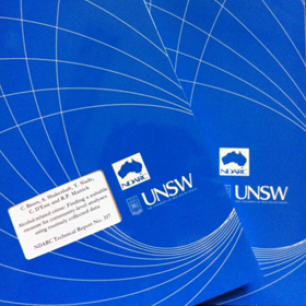NDARC Technical Report No. 8 (1990)
"Craving" is a concept under much dispute in the addictions field. In part, the problem is one of semantics, in that there is no agreed-upon operational definition of what craving is (Kozlowski & Wilkinson, 1987). The major difficulty is, however, one of theory. Some would argue that craving reflects the very essence of addictive behaviour (Ludwig & Stark, 1974), while others discount it as a phenomenon of any explanatory value (Mello, 1972). The truth probably lies somewhere between these two extremes.
The information processing analysis of craving presented in the following paper by Ms Tania Murray is a positive contribution towards increasing our understanding of the phenomenon of craving and of its potential role in the explanation of addictive behaviour. Craving has been closely linked with the phenomenon of relapse in that it has been suggested that craving precipitates many episodes of relapse. If this is true, then knowing how craving is brought about and how it might be modified are important pieces of information in the development of strategies of relapse prevention.
According to the information processing analysis of craving for alcohol presented here, craving is defined as an affective state (or feeling) which is integrated into our cognitions (or thoughts) by associations which form between these feelings and thoughts in a kind of network. Activation of these different elements of the network can be triggered by internal and external events and activation of one element can lead to the spread of activation to other elements. Thus, by activating a feeling, an associated thought might also be triggered. If we can link our thoughts to our actions, then the activation of drug-related thoughts and feelings would seem an important factor to consider in a study of addictive behaviour.
By manipulating the cuing conditions which a group of alcohol-dependent inpatients received, the researcher was able to affect their selfreported desire for alcohol, the kinds of words the patients were later able to recall, and the speed with which they recognised different kinds of words. This capacity for certain types of events to predispose a person's feelings and thoughts to be directed in such a way is an intriguing finding. It is particularly interesting given that these thoughts and feelings were relevant to alcohol, the substance to which these patients had been diagnosed as dependent.
More research is needed to develop this information processing account of craving and to elucidate the potentially important implications of this view for theory and treatment of addictive behaviours.


